CHRR is dedicated to fostering a national culture that upholds human rights, including the right to health. With this commitment, the organization focused its efforts under the Oxfam project on contributing to the protection, promotion, and consolidation of health rights. By empowering rural communities through research, advocacy, and networking, We aimed to raise awareness and enable individuals to exercise their rights. To ensure community participation, the Center engaged in advocacy activities in Karonga and Dowa districts, specifically targeting the localities of T/A Kyungu, Kayembe, and Chakhaza.
The year 2022 witnessed productive interactions between project participants and policymakers, resulting in positive policy decisions such as the launch of a code of ethics and professional conduct for health workers. Under the initiative “Increased agency of poor and marginalized people seeking universal health care,” project structures in collaboration with community entities conducted 93 initiatives advocating for improved access to universal health coverage. This led to local responsibility bearers in the communities developing a deeper understanding of policies and legal frameworks related to universal health care, directly impacting an estimated 146 individuals (66M). Additionally, the program generated significant media engagement across radio, television, online, and print platforms, contributing to an increased national public discourse on universal health care.
However, challenges emerged throughout the program implementation. The devaluation of the Kwacha at the beginning of the year posed a risk to meeting project targets and indicators, prompting Oxfam to provide additional funds to counter rising costs. Towards the end of the program, a cholera outbreak minimally disrupted implementation, and individuals caring for sick relatives interfered with program-related activities at various intervention levels. In response, the program team implemented enhanced hygiene measures and increased awareness of cholera preventive measures at all meeting locations.
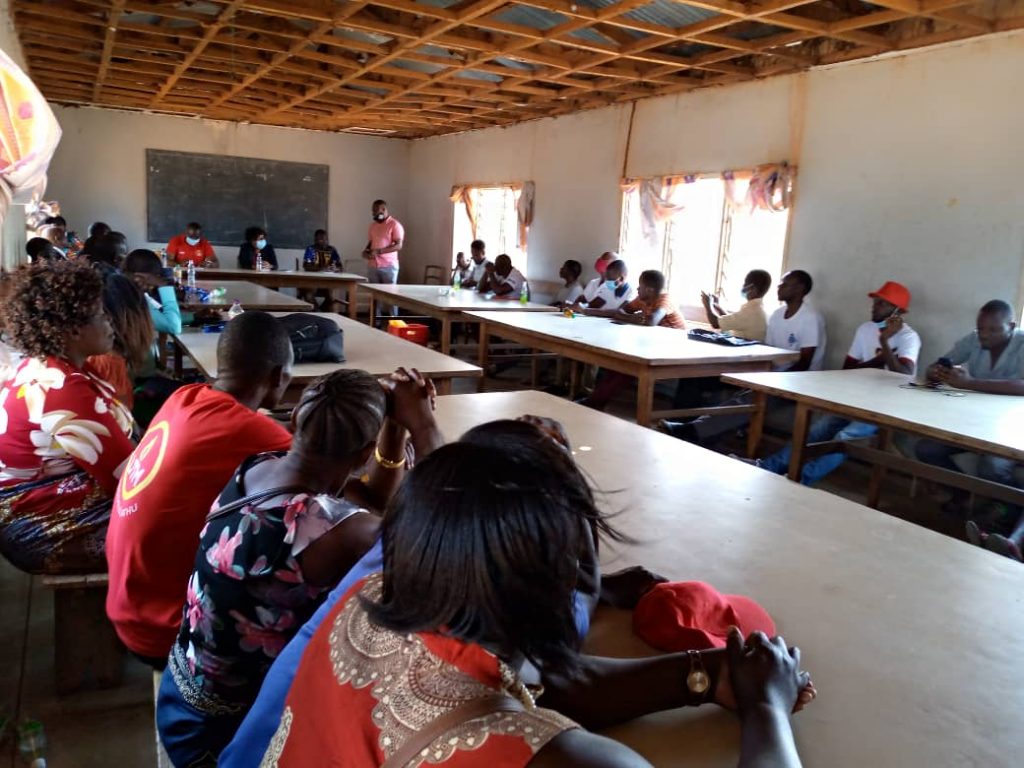
This project has been implemented from 2016. Major impact points for the project are:
- Increase in knowledge of communities about health rights
- Increase in attendance of people to HFs.
- Increase in number of people expressing satisfaction with health services
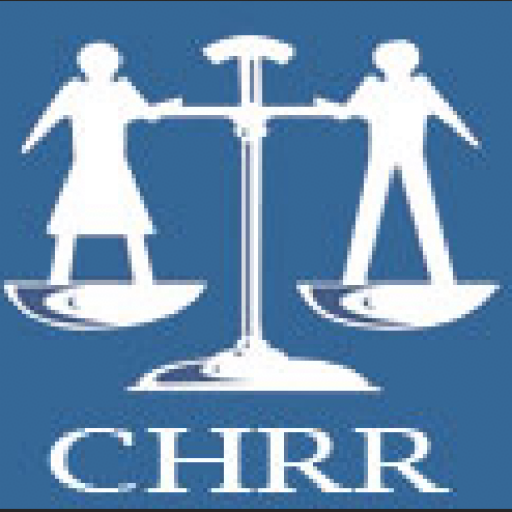
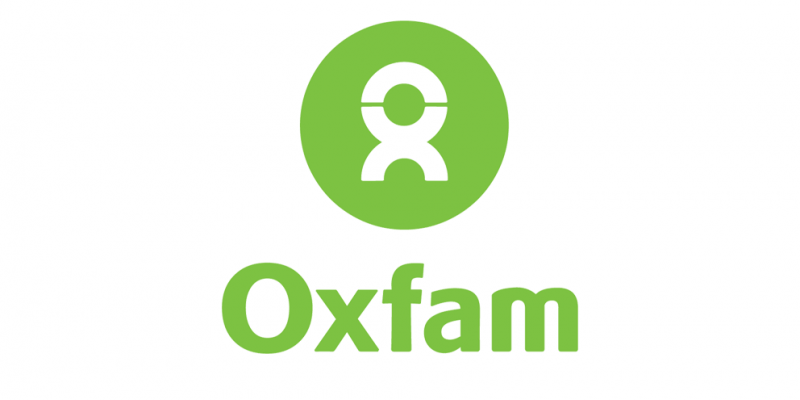
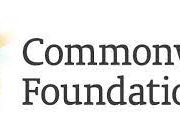


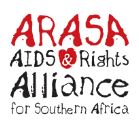
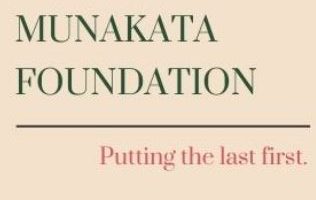
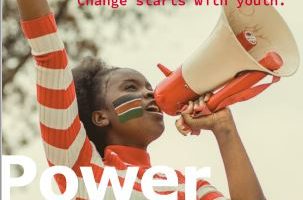
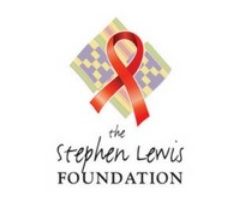

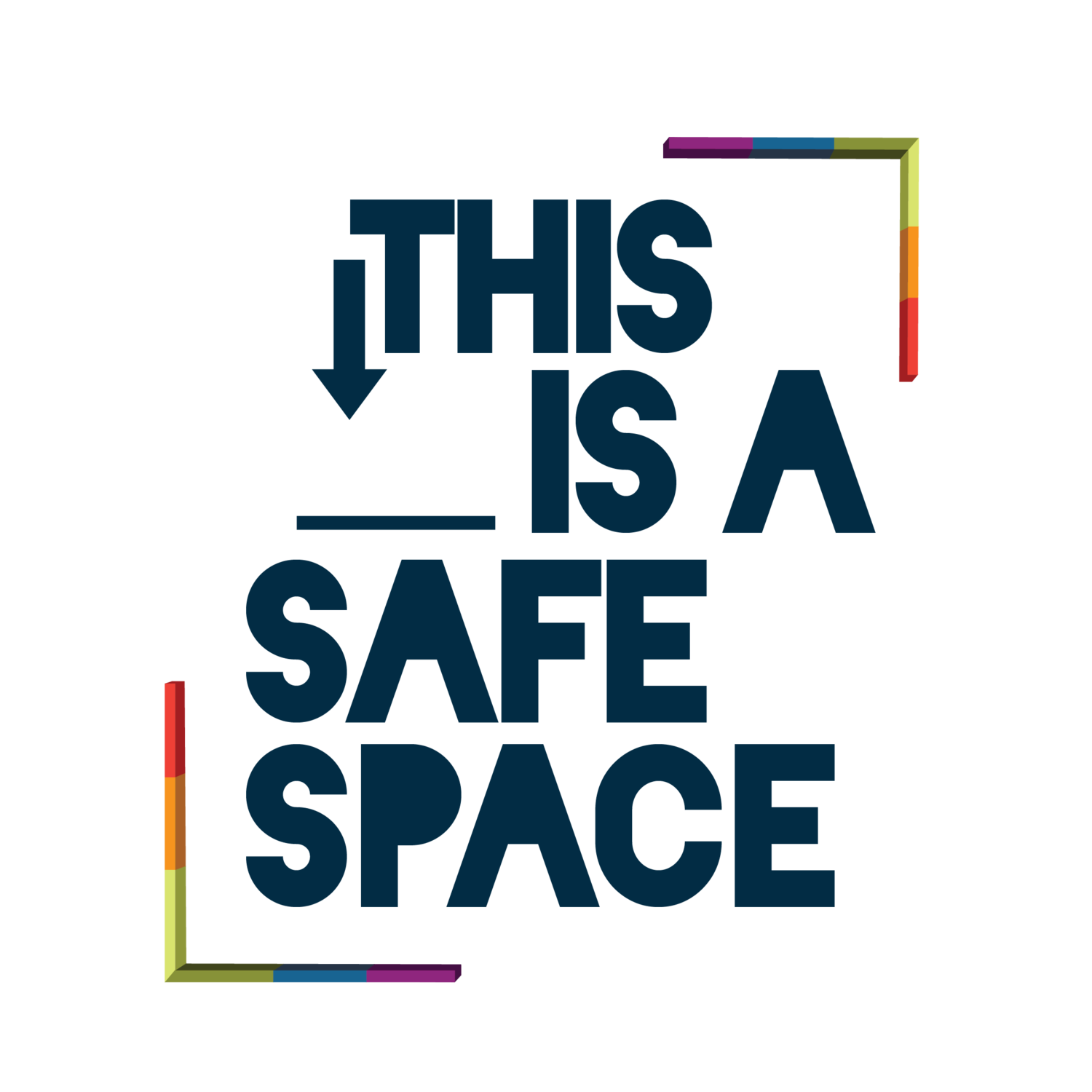
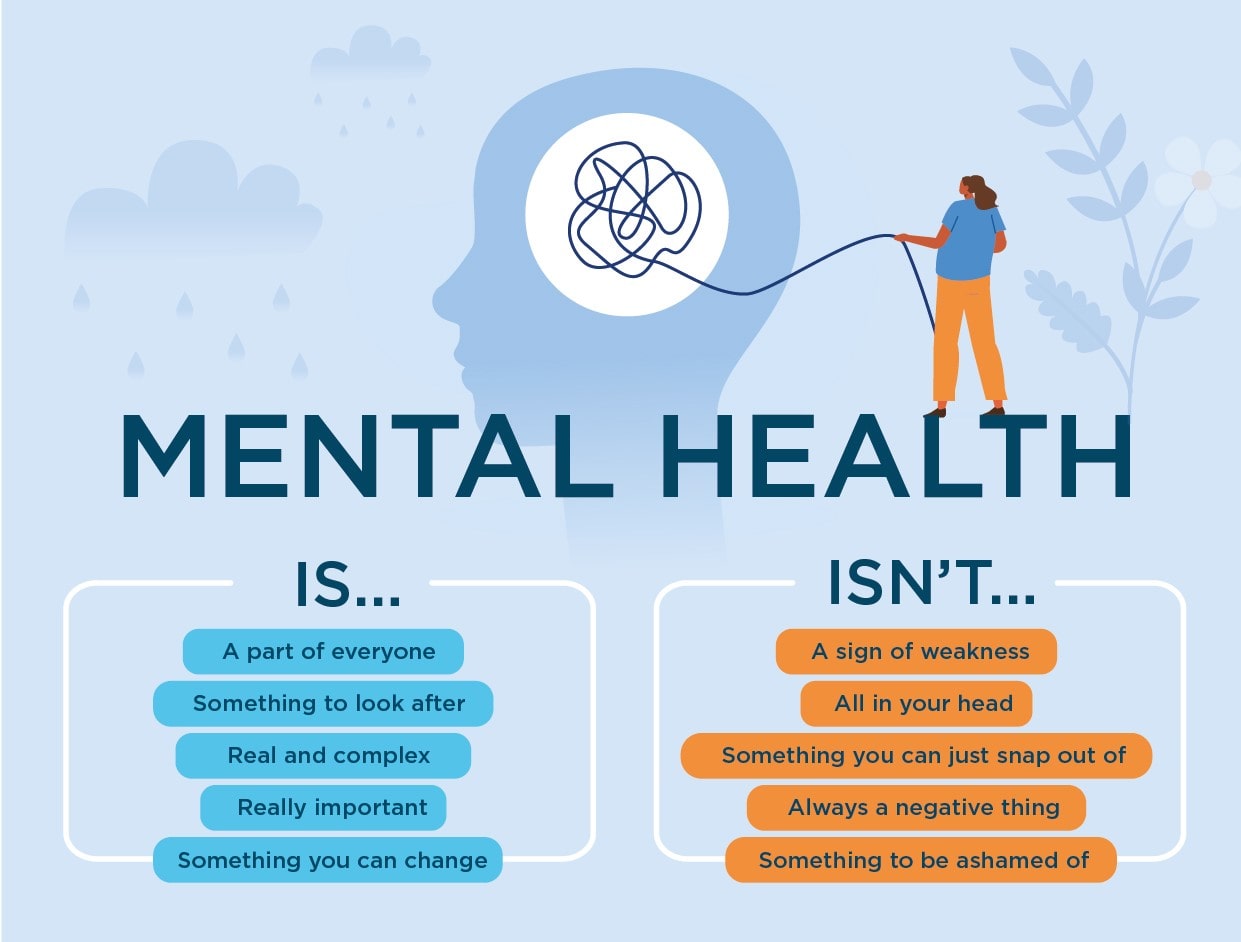
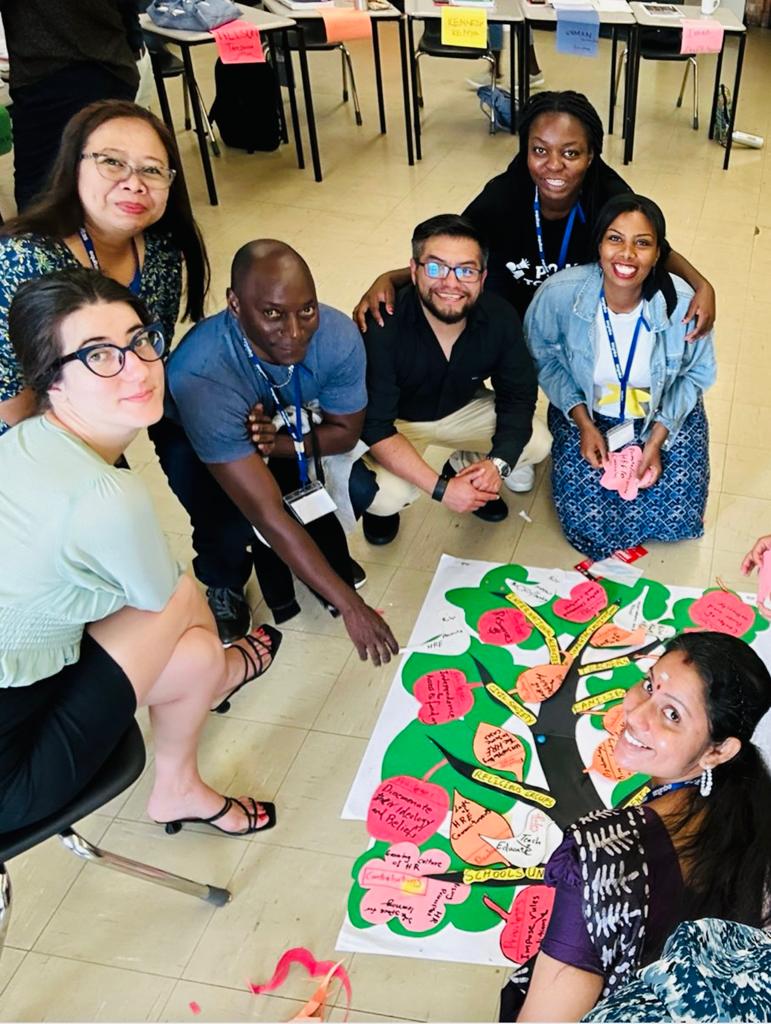
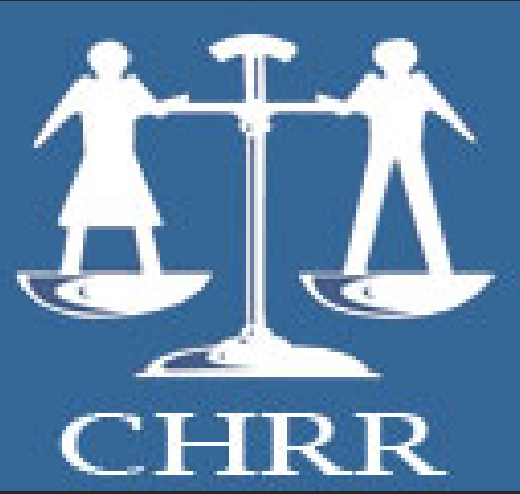


Comments